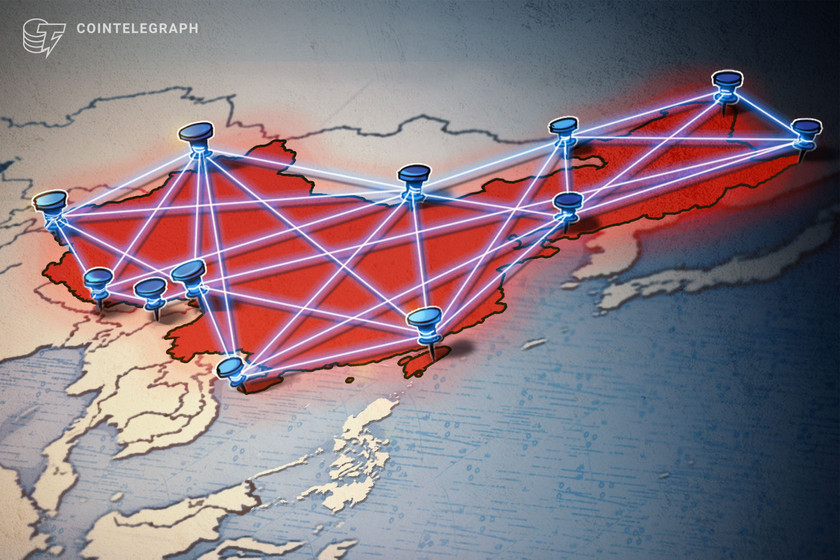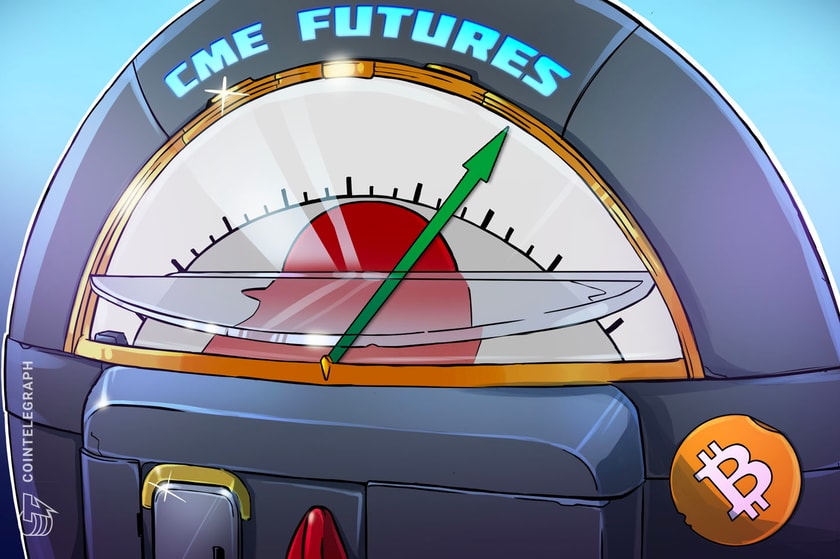EOS Block Producer “EOS New York” has published data purportedly showing that six registered producers on the network are managed by a single entity.
In a tweet published on Nov. 28, EOS New York raised concern over the apparent levels of centralization and misconduct, claiming that:
“Six registered producers on EOS are managed by a single entity. This is unacceptable. We have requested the signatures of the top 50 registered producers so that all token-holders may know who does and who does not condone such impropriety.”
Block Producers and “delegated proof-of-stake”
In the EOS ecosystem, Block Producers (BPs) are analogous to miners on the Proof-of-Work-based Bitcoin (BTC) blockchain or staking nodes on a Proof-of-Stake (PoS) protocol.
The difference with EOS lies in the network’s consensus mechanism, “delegated proof-of-stake,” whereby — in keeping with the governance terms set by the EOS’ constitution — network participants are able to stake their tokens to vote for BPs as “elected delegates.”
Rather than merely staking EOS tokens as in a PoS system, Block Producers stake their investment in the network in the form of infrastructure, community support and development.
For those seeking votes to become a BP, a barrier to entry is, therefore, having sufficient resources to provide the infrastructure needed to drive the proper functioning and continual growth of the EOS ecosystem.
In its Twitter thread, EOS New York provides apparent evidence from the eos.net Registry Domain database, which suggests that each of the six domains it suspects of being managed by a single entity “were registered at the same time by the same person/org.”

Screenshot provided by EOS NEW York via @eosnewyork, Nov. 26
Community response
Responding to EOS New York’s tweet, Twitter user James Mart argued that approaching the problem manually and forensically is merely “whack-a-mole,” demanding time and at best offering a “temporary fix.” He advocated reforms to governance and voting mechanisms instead:
“1T1DV and stake-time weighted voting via Dan’s stake pools needs to be our top priority right now. It will permanently solve this issue.”
Mart’s response was challenged by crypto trader Justin Buck, who located the problem in the consensus mechanism itself:
“DPOS is not BFT [Byzantine Fault Tolerant]. Let’s be upfront and honest about it.”
As previously reported, EOS developer Block.one announced the release of version 2.0 of the EOSIO open-source protocol this October, which was intended to provide performance, security and smart contract efficiency gains.









